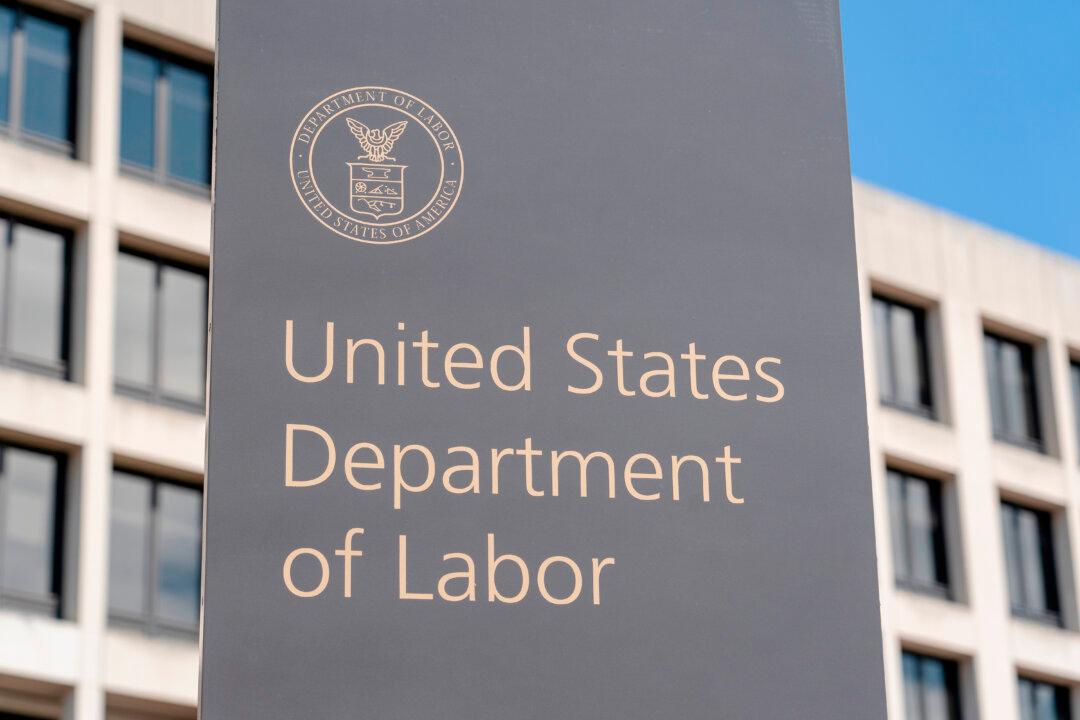A bipartisan group of lawmakers is advancing a proposal to reverse a new Biden administration rule regulating who can give retirement investment advice.
On April 23, the Department of Labor (DOL) announced the finalization of a new rule, titled “Retirement Security Rule: Definition of an Investment Advice Fiduciary,” updating the definition of a fiduciary under the Employee Retirement Income Security Act (ERISA) and the Internal Revenue Code. The Biden administration described the new rule as a way to protect investors, with acting Labor Secretary Julie Su stating, “This rule protects the retirement investors from improper investment recommendations and harmful conflicts of interest.”





